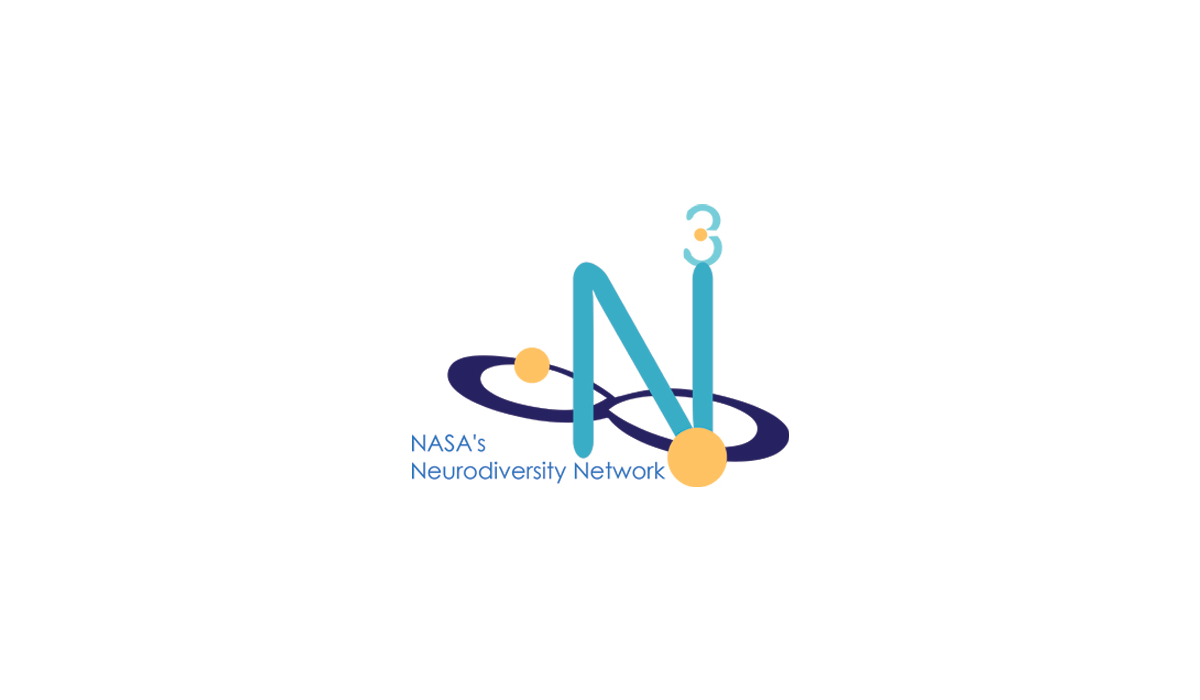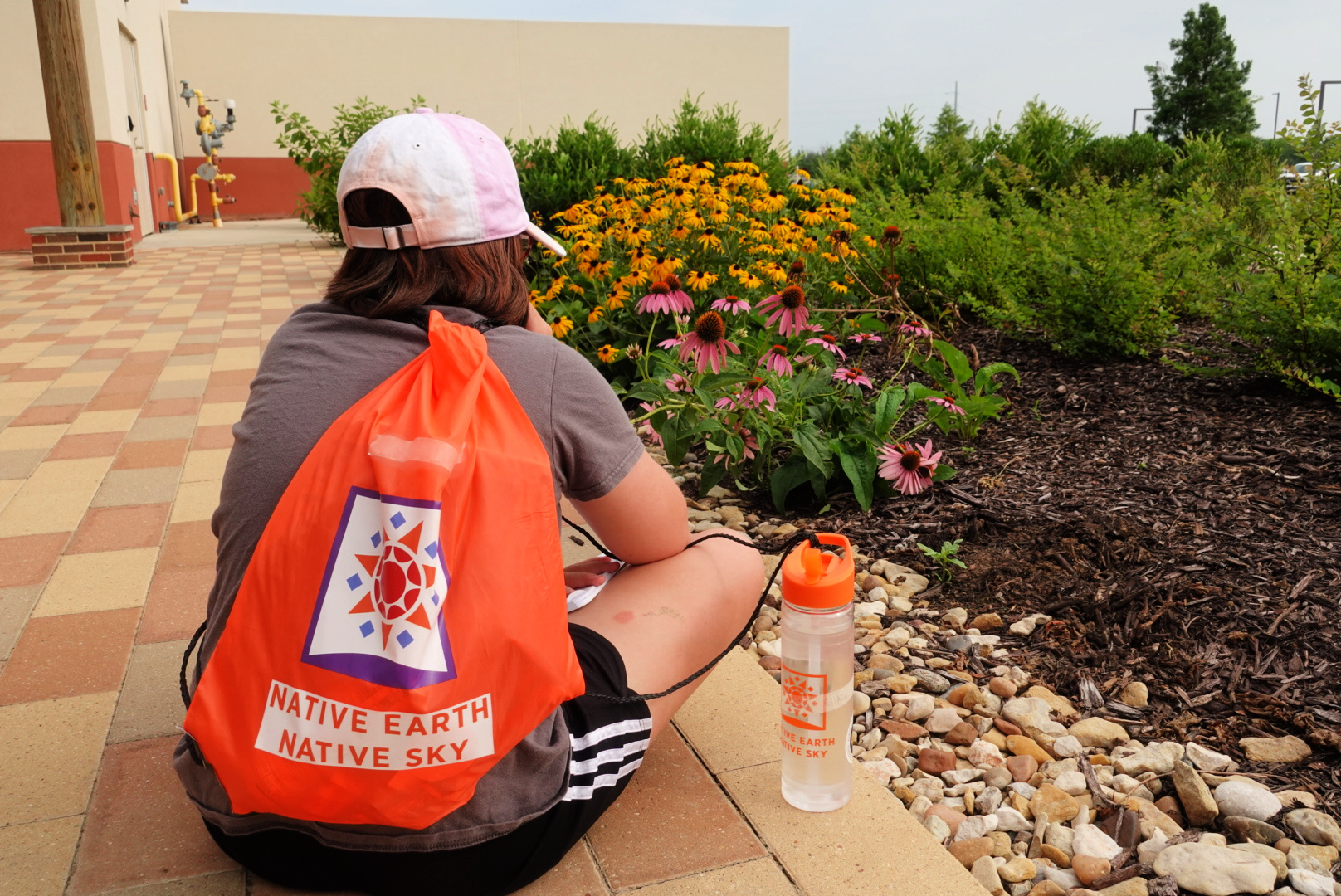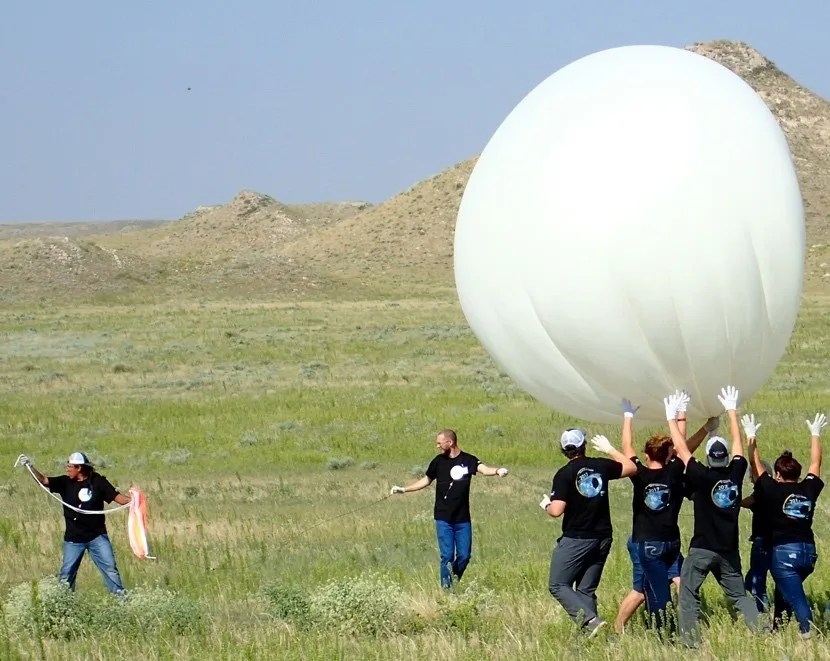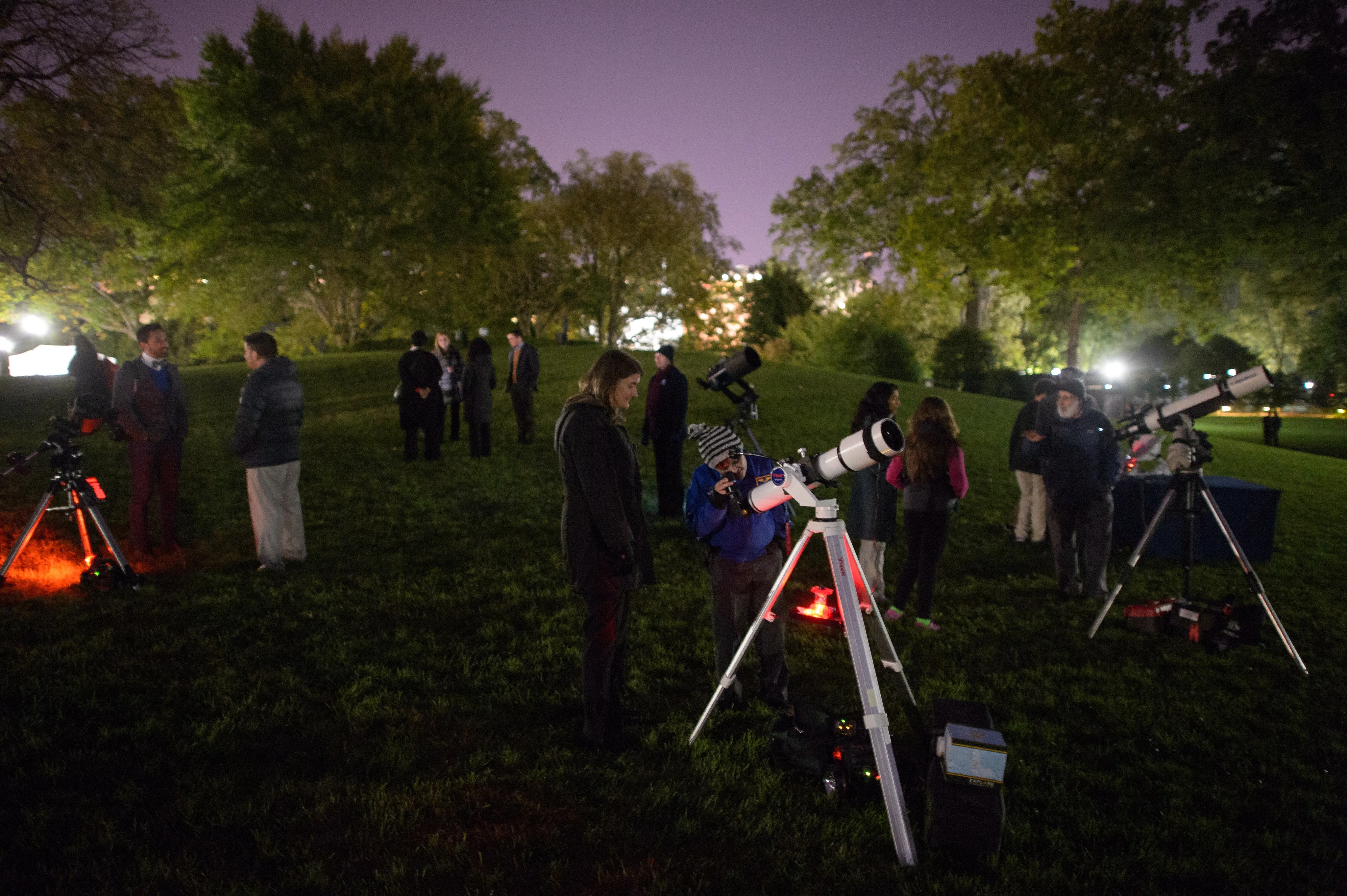National Informal STEM Education Network
Supporting informal STEM learning in communities across the United States
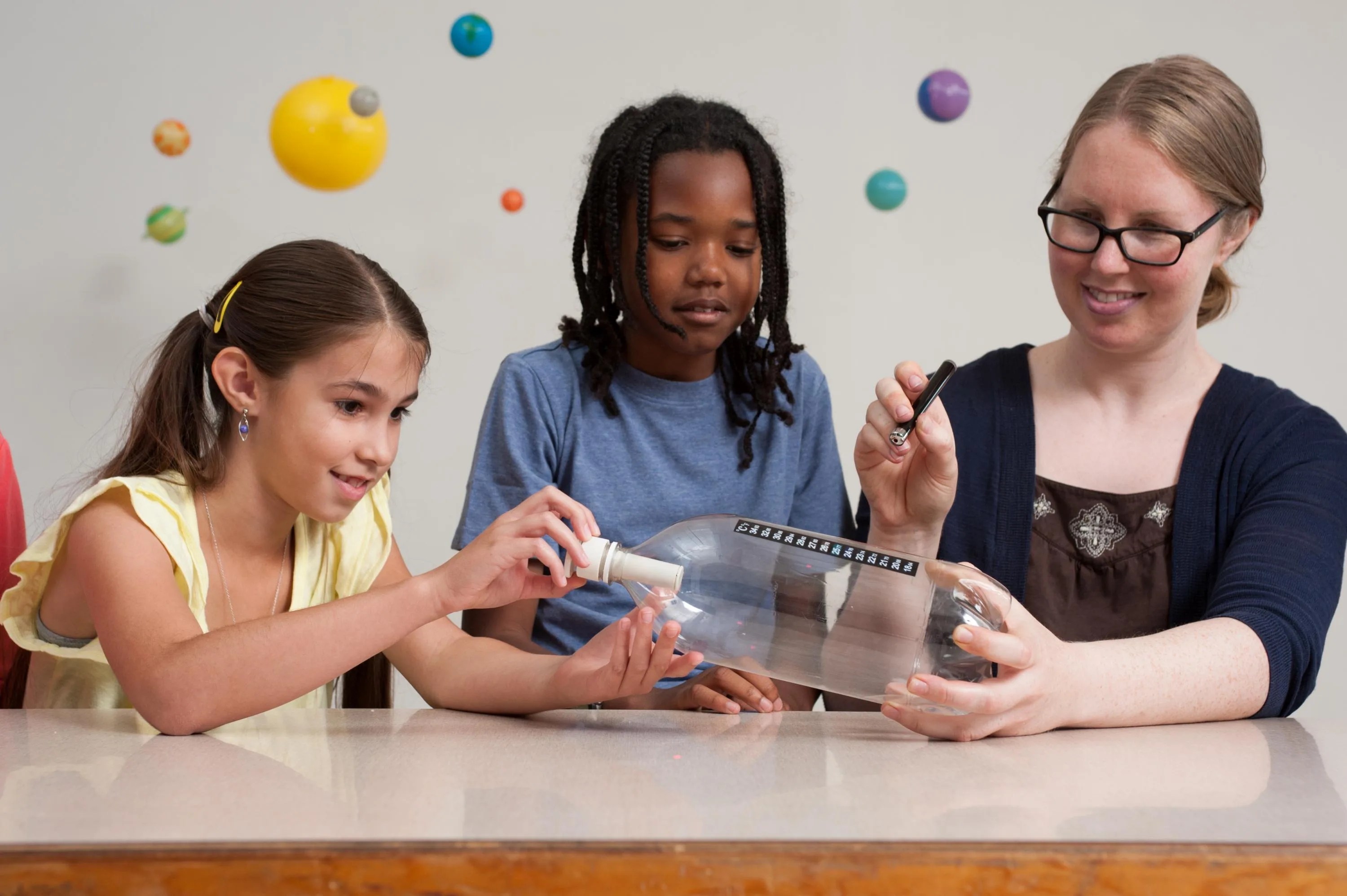
Earth Day Focus
Team Mission
Arizona State University - National Informal STEM Education Network (NISE Net) is a community of informal educators and scientists dedicated to supporting learning about science, technology, engineering, and math (STEM) in communities across the United States. Our SciAct project leverages the Network to advance the NASA Science Mission Directorate (SMD) vision for education by engaging public audiences nationwide in informal and lifelong learning related to fundamental STEM concepts. NISE Net is utilizing NASA subject matter experts, SMD assets and data, and existing educational products and online portals to create compelling learning experiences that will be widely used to share the story, science, and adventure of NASA’s scientific explorations of planet Earth, the solar system, and the universe beyond.
The National Informal STEM Education Network is comprised of hundreds of museums and science centers and their partners in learning, located in all 50 states. We’re excited to join with NASA and its collaborators to bring the excitement, relevance, and power of STEM learning in Earth and space science to a broad and diverse audience of millions of people.

Paul Martin
PI, ARIZONA STATE UNIVERSITY
What does your team hope to achieve?
Project goals include:
- widespread use of project resources, including STEM education and professional development products, by partner organizations across the United States;
- broad reach to sizeable public and professional audiences across the United States;
- new and strengthened partnerships among national and local organizations that support informal and lifelong learning; and
- demonstrated learning by public and professional audiences
Project deliverables include: hands-on activity toolkits (1,200 kits over four years); small footprint exhibitions (52 identical copies); and professional development opportunities (including online workshops). Our project learning framework is based on validated outcomes of informal science learning experiences, and anticipates that public audiences will:
- experience Earth and space phenomena and explore scientific discoveries;
- use the scientific process and reflect on science as a way of knowing; and
- participate in the scientific community and identify as a science learner.
About Us
Learn More: NISE Net (PDF)

